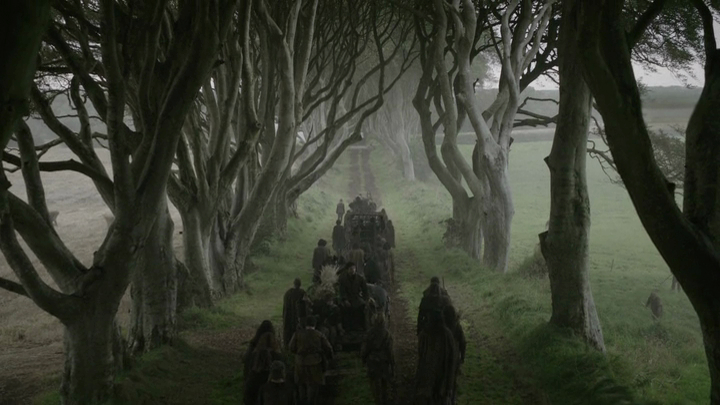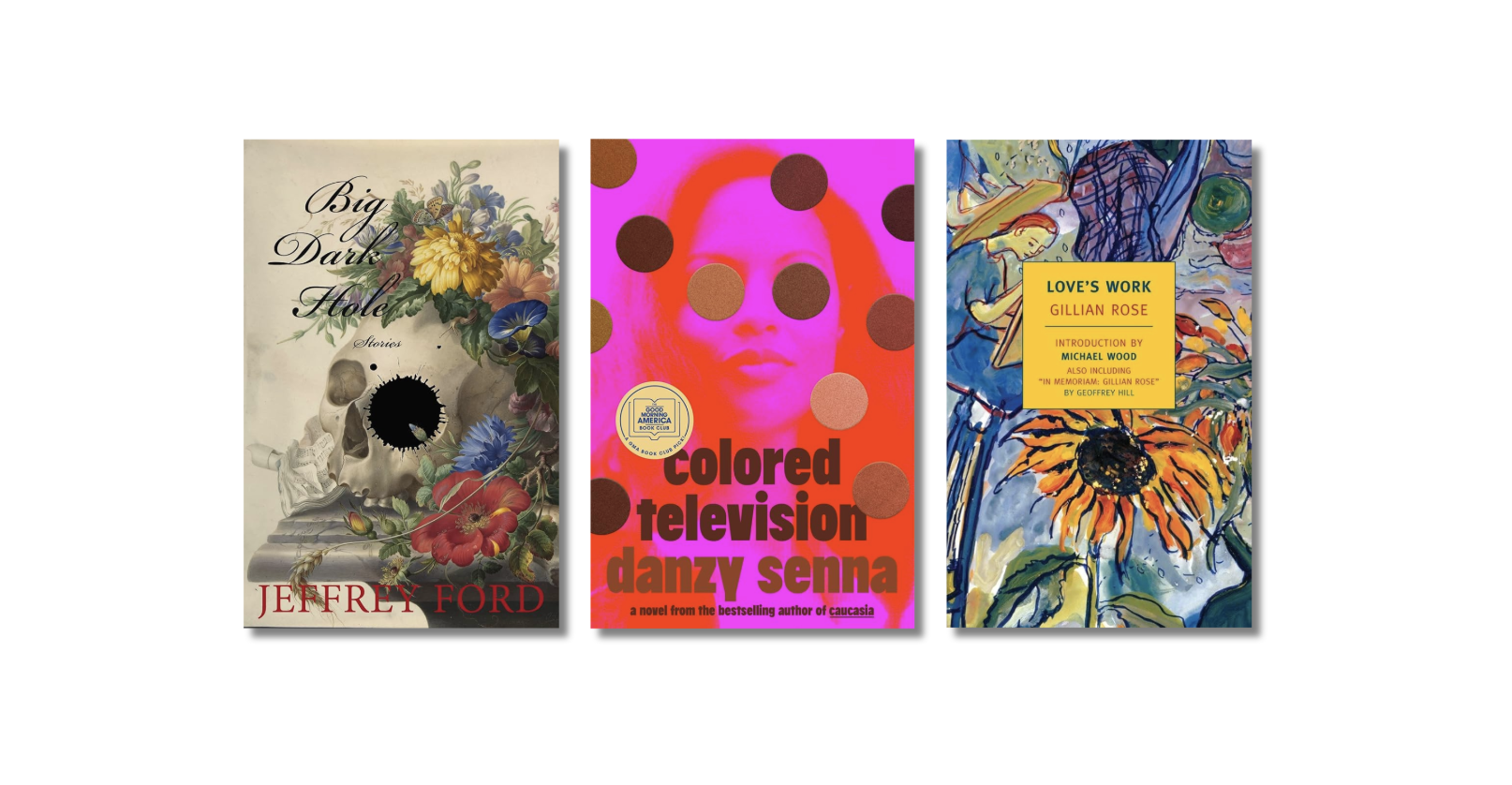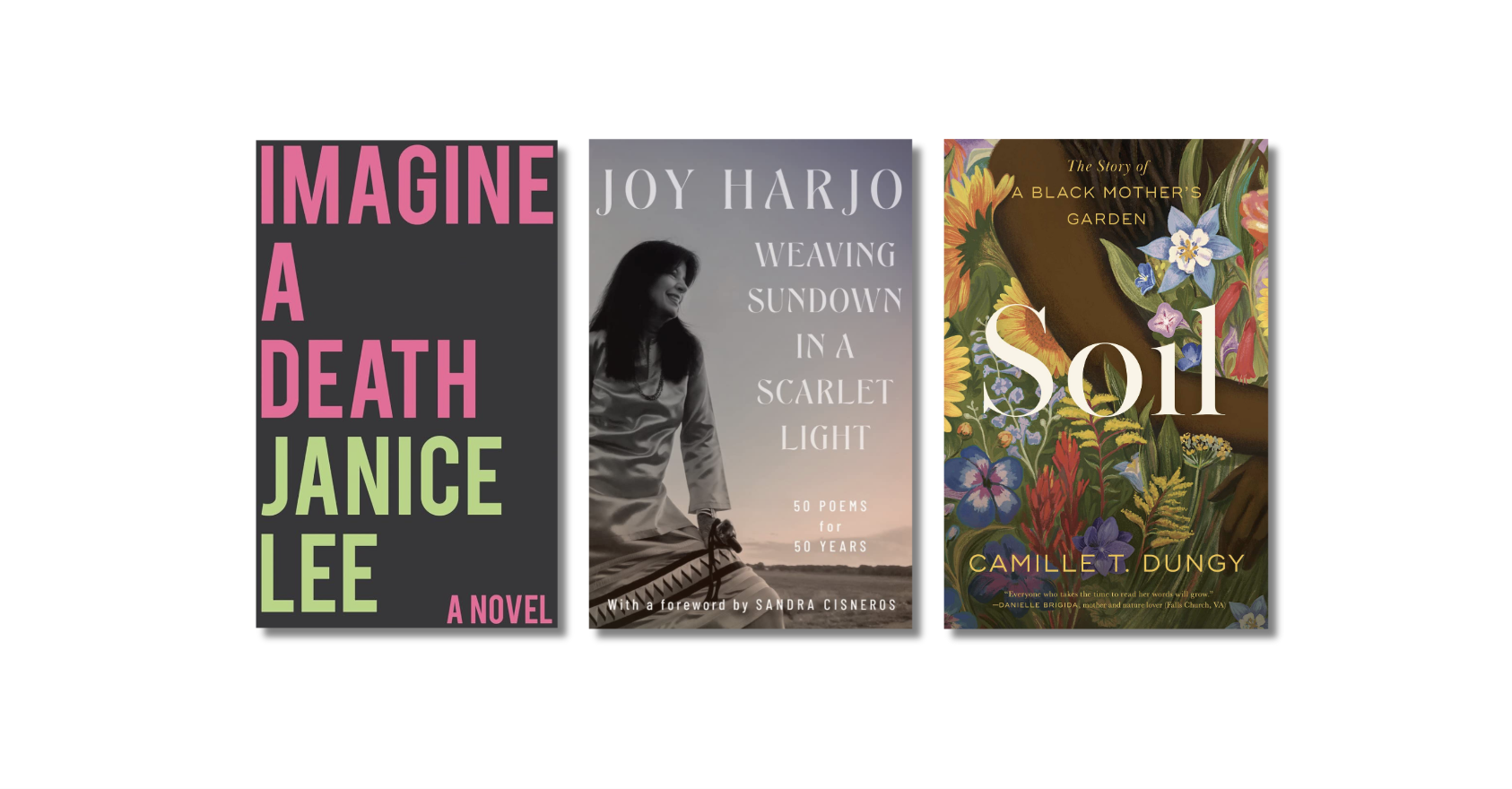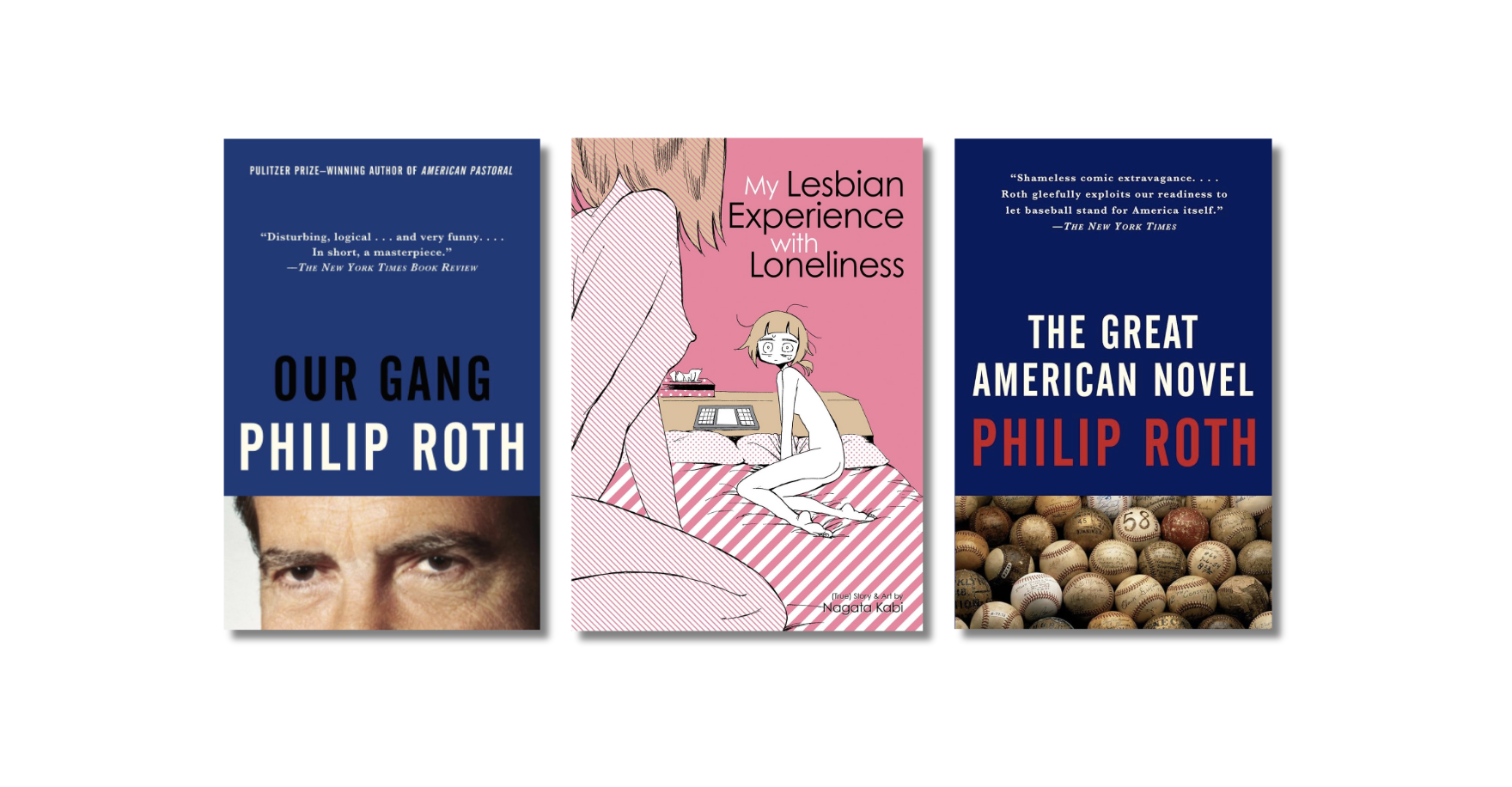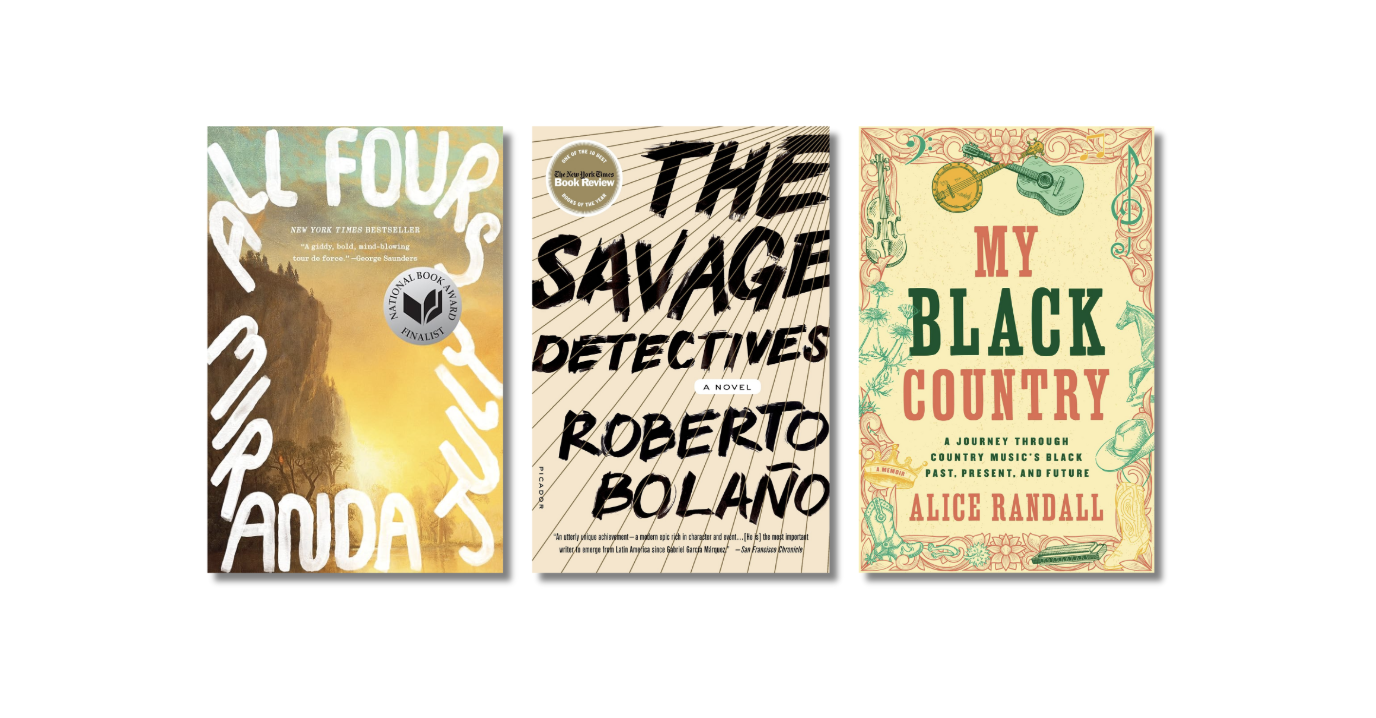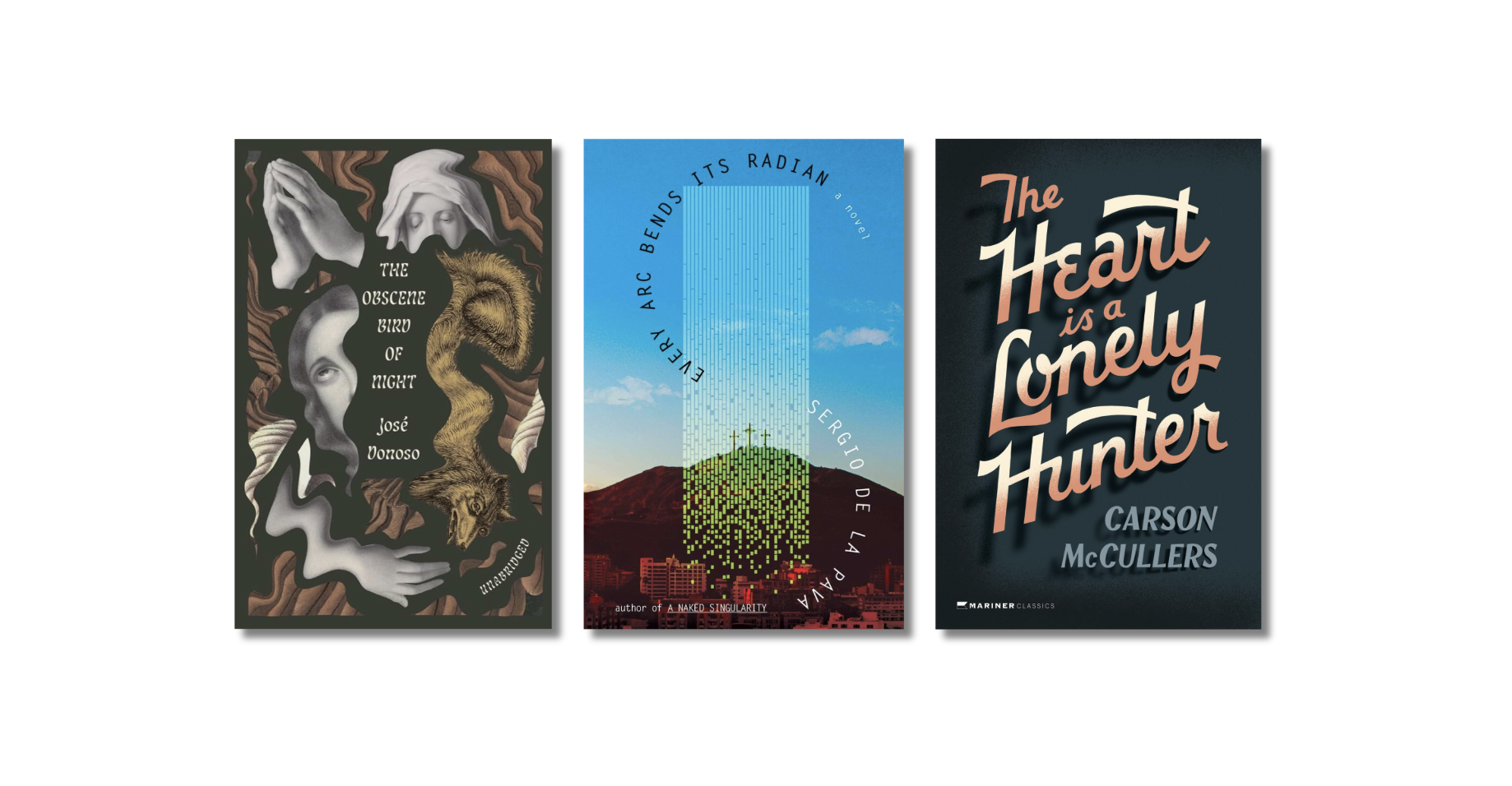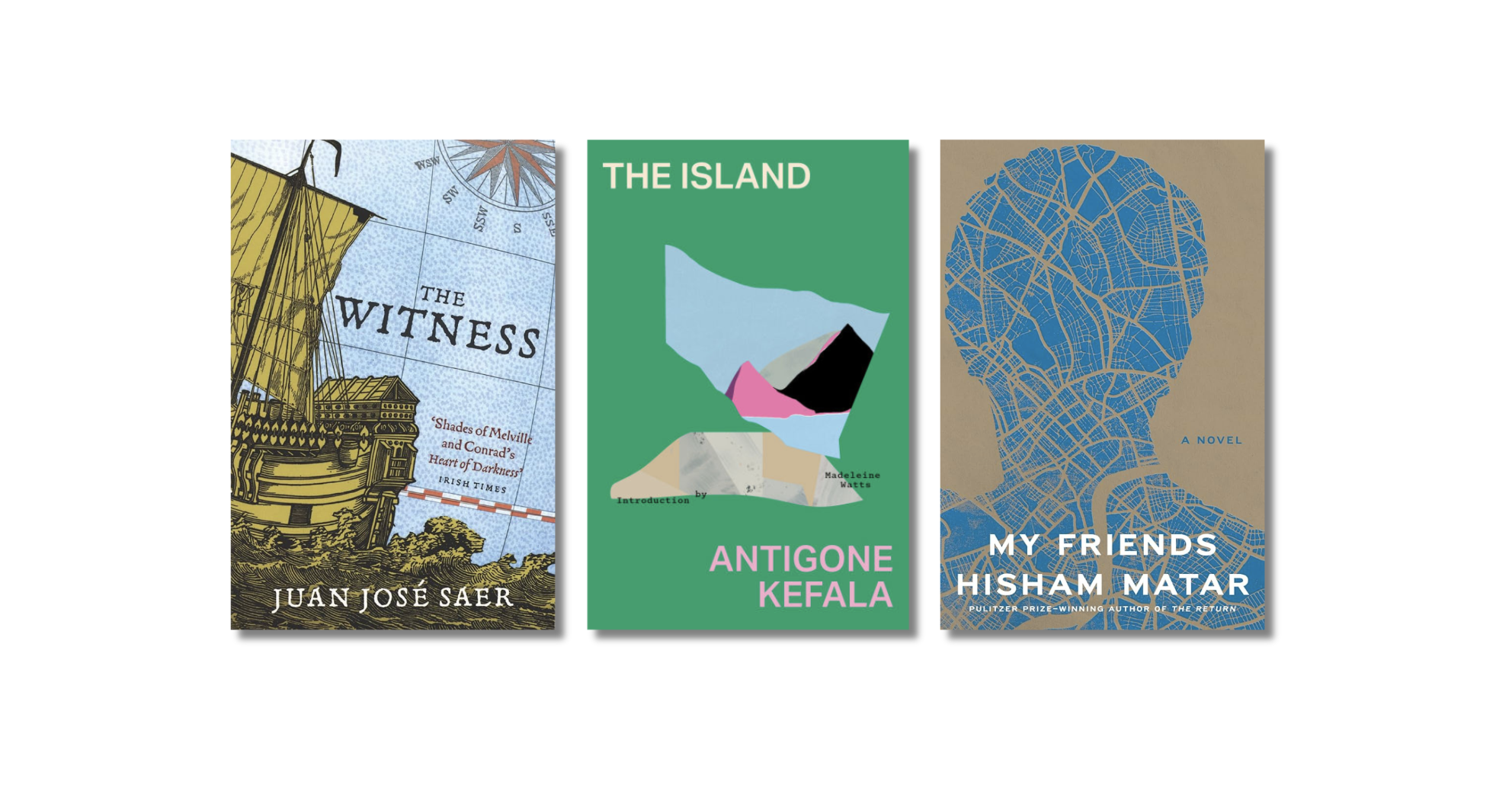Game of Thrones is dead. Er, over. Oh no! What to read now? Over at Electric Literature, Seth D. Michaels has you covered, suggesting a list of books to read post-GoT that includes work by N.K. Jemisin, Nnedi Okorafor, and Kirstin Downey. “At its best,” Michaels writes, the original book series “is both a page-turning adventure and a revisionist fantasy, surfacing some of the hard questions underneath the tropes of the genre. Who has a legitimate claim on power, and what can they do with it? How does the past determine and constrain today? How can women exert power in a cruel and oppressive world? How do personal relationships shape politics, and vice-versa?”
Books for a Post-‘Game of Thrones’ World
